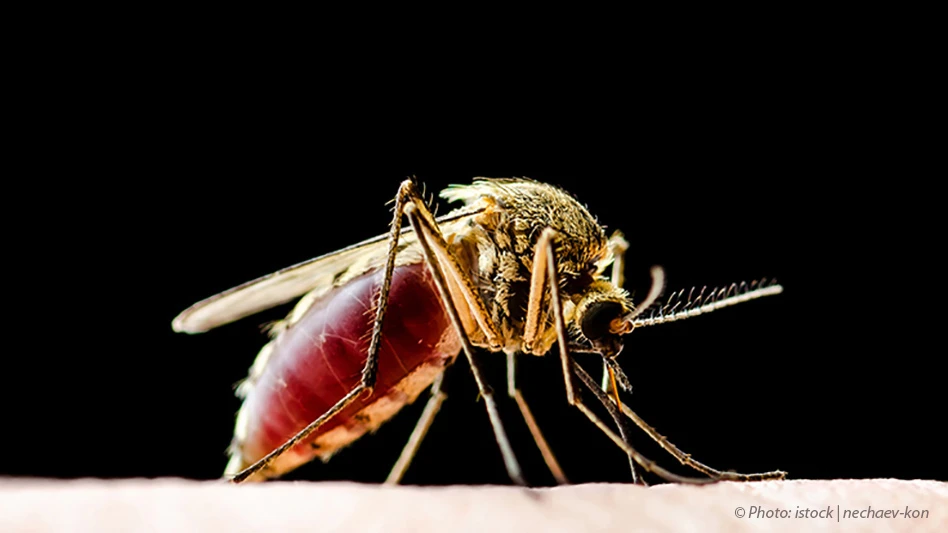
Photo: istock | nechaev-kon
The Centers for Disease Control and Prevention (CDC) is issuing this Health Alert Network (HAN) Health Advisory to notify healthcare providers, public health authorities and the public of an increased risk of dengue virus (DENV) infections in the United States in 2024. Global incidence of dengue in 2024 has been the highest on record for this calendar year; many countries are reporting higher-than-usual dengue case numbers. In 2024, countries in the Americas have reported a record-breaking number of dengue cases, exceeding the highest number ever recorded in a single year. From January 1 – June 24, 2024, countries in the Americas reported more than 9.7 million dengue cases, twice as many as in all of 2023 (4.6 million cases). In the United States, Puerto Rico has declared a public health emergency (1,498 cases) and a higher-than-expected number of dengue cases have been identified among U.S. travelers (745 cases) from January 1 – June 24, 2024.
Dengue is the most common arboviral disease globally. It is caused by four distinct but closely related dengue viruses (DENV-1, -2, -3, and -4). DENVs are transmitted through bites of infected Aedes species mosquito vectors. Infection with one DENV generally induces life-long protection against infection from that specific DENV but only protects against other DENVs for several months to years. Dengue is a nationally notifiable disease in the United States. Six U.S. territories and freely associated states are classified as areas with frequent or continuous dengue transmission: Puerto Rico, American Samoa, the U.S. Virgin Islands, the Federated States of Micronesia, the Republic of Marshall Islands, and the Republic of Palau. In the rest of the United States, local transmission of DENV has been limited, with sporadic cases or small outbreaks in Florida, Hawaii, and Texas. However, confirmed local DENV transmission has also been reported by Arizona and California over the past two years.
Dengue cases resurged globally after the COVID-19 pandemic. In 2023, more than 4.6 million cases and 4000 deaths were reported in the Americas region. As of June 24, 2024, more than 9.7 million dengue cases have been reported in the Americas, twice as many as in all of 2023 (4.6 million cases). Dengue transmission peaks during the warmer and wetter months in many tropical and subtropical regions. Dengue cases are likely to increase as global temperatures increase. Higher temperatures can expand the range of the mosquitoes that spread dengue, as well as affect other factors that facilitate virus transmission like faster viral amplification in the mosquito, increased vector survival, and changes in reproduction and biting rates. U.S. summer travel often overlaps with the months of increased dengue activity in many countries. Epidemics in the Americas region increase travel-associated cases and limited local transmission in the continental United States. A higher-than-expected number of dengue cases (total of 2,241 cases, including 1,498 in Puerto Rico) were reported in the United States from January 1 – June 24, 2024. Public health authorities in Puerto Rico declared a public health emergency in March 2024 because of the high number of cases reported during the low dengue season. Healthcare providers should be prepared to recognize, diagnose, manage, and report dengue cases to public health authorities; public health partners should investigate cases and disseminate clear prevention messages to the public.
Source: CDC
Latest from Pest Control Technology
- Rose Pest Solutions Becomes Official Pest Provider of Chicago Fire FC
- WSPMA Hosts Legislative Day at Washington State Capitol
- A-1 Pest Control Marks 59 years in Business
- Hawaii PCO Shares Regulatory Challenges, Business Impacts from Lahaina Wildfires
- 5 Tips for Reducing Waste in the Office and in the Field
- OvoControl Now Available in Chile
- Envu Announces Savings Programs for Pest Management Professionals
- Follow the Trail





